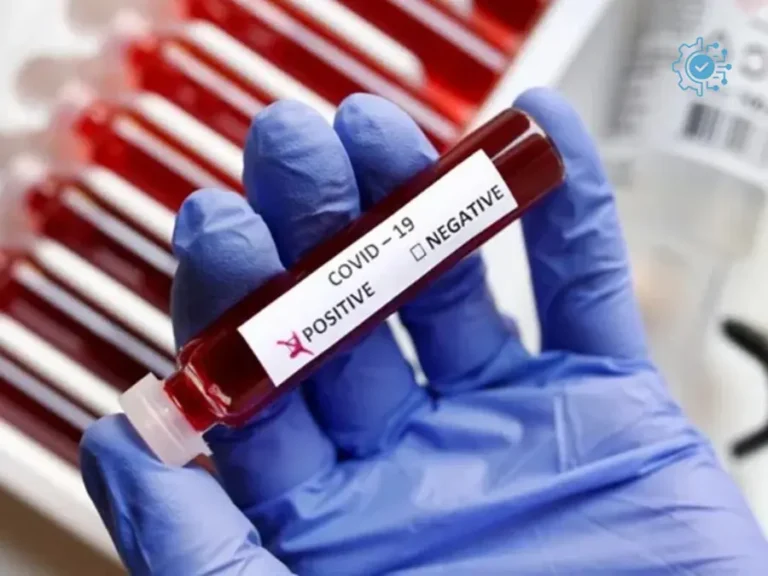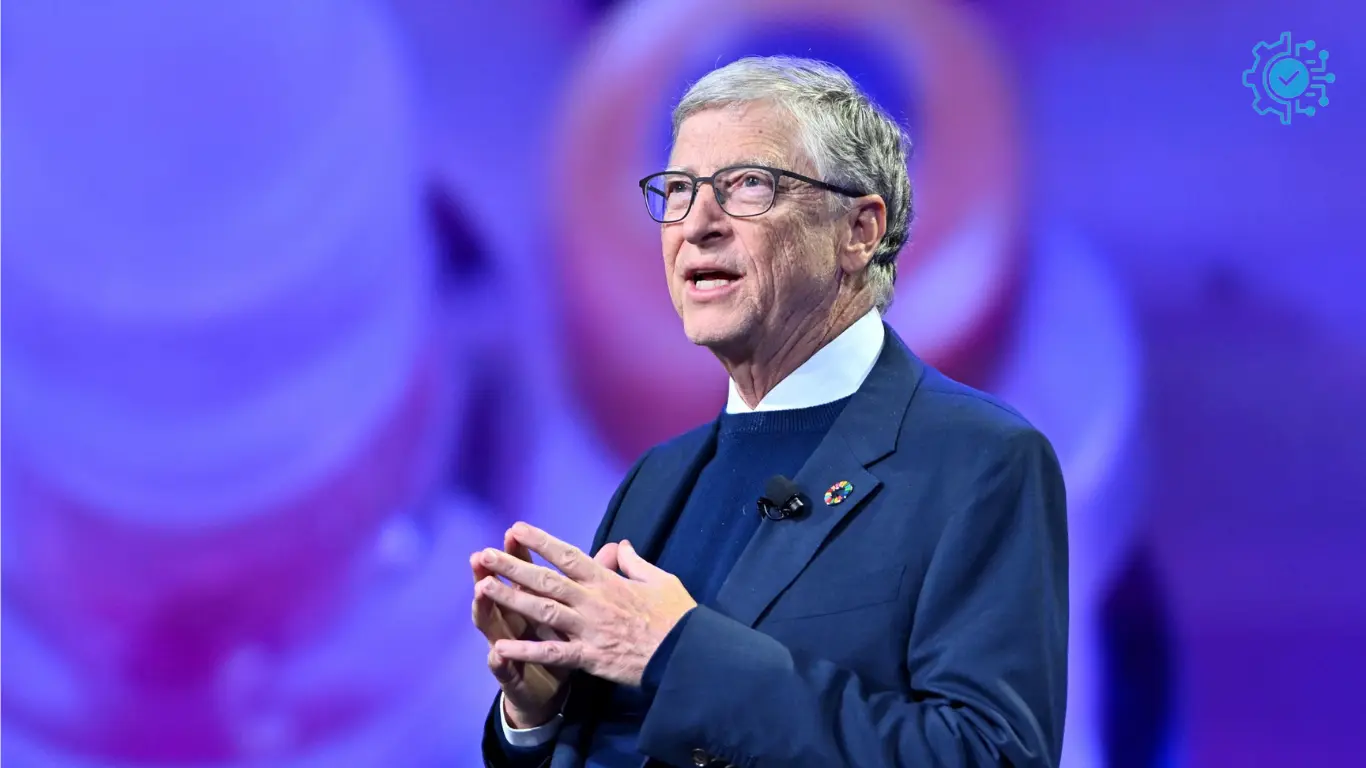Introduction
Artificial Intelligence is rapidly transforming industries, automating tasks, and reshaping the future of work. According to Bill Gates, Artificial Intelligence will eventually replace humans in most professions, but there are three key fields where human expertise will remain irreplaceable. As Artificial Intelligence continues to evolve, understanding its impact on the job market is essential for professionals, businesses, and aspiring workers.
How AI is Reshaping the Workforce
Over the past decade, Artificial Intelligence has made significant strides in automation, data processing, and decision-making. It has already replaced humans in repetitive jobs, including manufacturing, customer support, and data entry. Advanced Artificial Intelligence models like ChatGPT, Google Gemini, and robotics are further expanding AI’s capabilities, making many wonder whether their jobs are at risk.
Gates predicts that as Artificial Intelligence becomes smarter and more efficient, most industries will integrate it into their operations, leading to major job shifts. However, he highlights three professions where human skills and expertise will remain indispensable.
Three Professions That AI Won’t Replace
1. Healthcare Professionals (Doctors, Nurses, Caregivers)
Artificial Intelligence is revolutionizing healthcare with automated diagnostics, robotic surgeries, and predictive analytics. However, despite these advancements, human doctors, nurses, and caregivers will always be needed.
- Why Artificial Intelligence Can’t Replace Them:
- Emotional intelligence: Patients need empathy, reassurance, and personal care, which AI lacks.
- Complex decision-making: While AI can analyze symptoms, doctors use judgment, ethics, and experience to make final decisions.
- Unpredictable scenarios: Emergencies require quick human intervention beyond AI programming.
Artificial Intelligence will enhance, not replace, medical professionals by assisting in diagnostics, reducing workloads, and providing faster insights.
2. Teachers & Education Experts
The education sector is embracing AI-powered learning tools, personalized study plans, and virtual tutors. But while AI can improve learning efficiency, teachers play a critical role in student development.
- Why AI Can’t Replace Teachers:
- Emotional support: Teachers inspire, guide, and mentor students in ways that Artificial Intelligence cannot.
- Social learning: Classroom interactions help students develop teamwork and communication skills.
- Adaptive teaching: Human educators adjust teaching methods based on student needs, emotions, and feedback.
Instead of replacing teachers, Artificial Intelligence will act as a supportive tool, enhancing education through automated grading, personalized learning, and data-driven teaching strategies.
3. Creative Professionals (Writers, Artists, Musicians)
AI-generated music, artwork, and writing are becoming more common, but true creativity remains uniquely human. While Artificial Intelligence tools can assist, they lack originality, emotional depth, and cultural understanding.
- Why Artificial Intelligence Can’t Replace Creatives:
- Original storytelling: AI-generated content relies on existing data, whereas humans create new ideas.
- Emotional connection: Art and music express human experiences, emotions, and imagination.
- Cultural relevance: Creativity is shaped by societal trends, emotions, and personal experiences—something AI cannot replicate authentically.
Artificial Intelligence will support creative professionals by automating repetitive tasks (e.g., editing, design suggestions), allowing them to focus on innovation and storytelling.
How to Stay Relevant in an AI-Driven World
As Artificial Intelligence reshapes industries, professionals should adapt and develop skills that complement Artificial Intelligence rather than compete with it. Gates suggests focusing on:
- Emotional intelligence: AI lacks empathy, leadership, and communication skills.
- Critical thinking: AI can process data, but humans can interpret, strategize, and apply insights.
- Technical skills: Understanding technology will provide a competitive edge in the job market.
Conclusion
Artificial Intelligence is revolutionizing industries and reshaping the job market. However, as Bill Gates highlights, professions in healthcare, education, and creativity will continue to rely on human expertise. Rather than fearing Artificial Intelligence, individuals should embrace innovation, enhance their skills, and leverage Artificial Intelligence as a tool to stay competitive in the evolving workforce.







